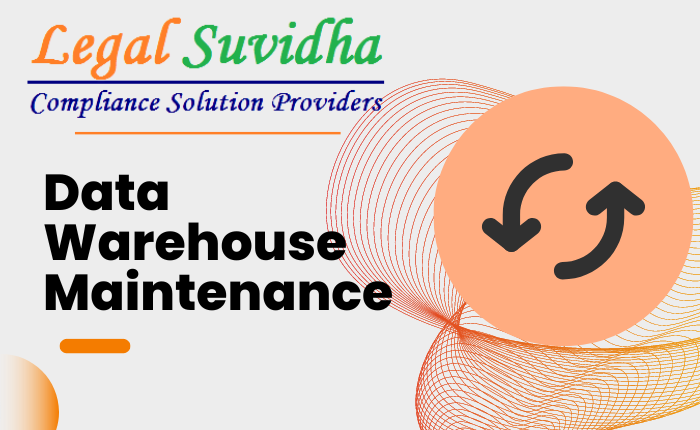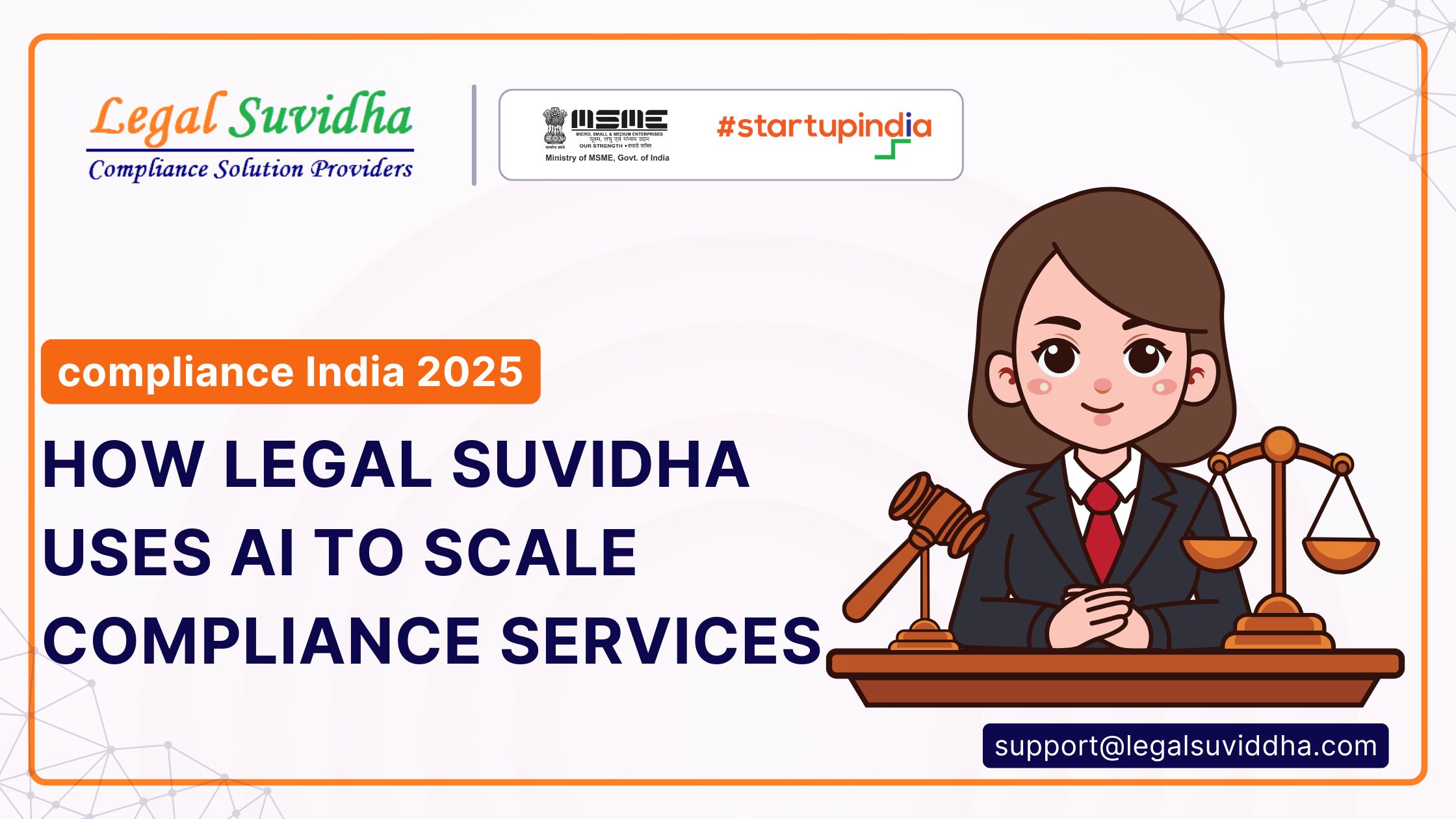With the implementation of GST e-invoicing in India, businesses are generating vast amounts of data that need to be stored, managed, and optimized effectively. A data warehouse plays a crucial role in this process by providing a centralized repository for storing and analyzing the data. However, to ensure the smooth functioning of the data warehouse and achieve optimal performance, regular maintenance and optimization techniques are essential. In this blog post, we will explore three key aspects of data warehouse maintenance and optimization in the context of GST e-invoicing in India: regular data backup and recovery procedures, performance tuning and optimization techniques, and monitoring and managing data warehouse workloads.
A. Regular Data Backup and Recovery Procedures:
1. Importance of Data Backup:
In the context of GST e-invoicing, where businesses are generating a massive volume of data, it is crucial to have robust data backup procedures in place. Regular data backups ensure the safety and integrity of the data stored in the data warehouse. By creating copies of the data at specific intervals, businesses can protect themselves against data loss caused by hardware failures, software glitches, or security breaches.
2. Automated Backup Solutions:
Implementing automated backup solutions helps streamline the data backup process. With automation, businesses can schedule regular backups without manual intervention, ensuring that critical data is protected consistently. Automated backup solutions also enable efficient storage and management of backup files, reducing the risk of human error and ensuring reliable data recovery.
3. Testing Data Recovery:
Data recovery is as crucial as data backup. It is essential to periodically test the data recovery process to ensure its effectiveness. By simulating various scenarios and attempting to restore data from backups, businesses can identify any gaps in the backup and recovery procedures. Regular testing helps discover potential issues early on, allowing for necessary improvements and adjustments to be made to the data recovery strategy.
B. Performance Tuning and Optimization Techniques:
1. Data Partitioning:
Data partitioning involves dividing the data within the data warehouse into smaller, more manageable subsets based on relevant criteria such as time or region. This technique significantly enhances query performance by allowing the system to retrieve data from specific partitions rather than scanning the entire dataset. By reducing the amount of data that needs to be processed for each query, partitioning improves query response times and overall system performance.
2. Indexing:
Proper indexing of the data warehouse tables is essential for optimizing query performance. Indexes create structured references to the data, facilitating faster data retrieval. By creating indexes on columns frequently used in queries, businesses can reduce the need for full table scans, thereby improving query execution times. Regular analysis and maintenance of indexes ensure that they remain up-to-date and continue to contribute to optimal performance.
3. Query Optimization:
Complex queries can significantly impact the performance of a data warehouse. Regularly analyzing and optimizing queries can enhance overall system performance. Techniques such as query rewriting, aggregate awareness, and query plan optimization can identify and rectify inefficient query execution paths. By optimizing queries, businesses can improve response times and ensure that the data warehouse operates at peak efficiency.
C. Monitoring and Managing Data Warehouse Workloads:
1. Resource Allocation:
Monitoring resource utilization is crucial for ensuring the optimal performance of the data warehouse. By analyzing resource consumption patterns, system administrators can allocate resources efficiently. This includes appropriately assigning computing power, storage capacity, and network bandwidth to handle the workload. By avoiding resource constraints and ensuring a balanced allocation, businesses can prevent performance bottlenecks and maintain a smooth functioning data warehouse.
2. Performance Monitoring:
Real-time monitoring of data warehouse performance metrics is essential for identifying potential performance issues. By tracking metrics such as query response time, system throughput, and resource utilization, administrators can detect anomalies and bottlenecks. Performance monitoring tools provide insights into system behavior and enable proactive measures to address any performance issues promptly. By actively monitoring performance, businesses can optimize the data warehouse and maintain its efficiency over time.
3. Capacity Planning:
Anticipating the future growth of the data warehouse and planning for additional resources is crucial. Capacity planning involves forecasting the storage, computing, and network requirements based on expected data growth and workload patterns. By proactively expanding resources and infrastructure, businesses can avoid resource constraints and ensure that the data warehouse can handle increased workloads seamlessly. Capacity planning minimizes the risk of performance degradation and allows for a scalable and adaptable data warehouse environment.
Data Warehouse Schema Design and Refinement
When designing and refining a data warehouse schema for GST e-invoicing in India, there are several considerations to keep in mind. The goal is to create a schema that efficiently stores and organizes the relevant data for generating and managing e-invoices while also ensuring compliance with GST regulations. Here are some key aspects to consider:
1. Identify the entities: Start by identifying the entities involved in the e-invoicing process. This typically includes entities like customers, suppliers, products, invoices, tax details, and other relevant entities specific to your business.
2. Determine the attributes: For each entity, determine the attributes or fields that need to be captured. For example, customer attributes may include name, address, GSTIN (Goods and Services Tax Identification Number), and contact details. Similarly, invoice attributes may include invoice number, date, amount, tax details, and line items.
3. Normalize the schema: Normalize the schema to eliminate data redundancy and ensure data integrity. This involves organizing data into multiple related tables to avoid data duplication. Normalize the schema to at least the third normal form (3NF) to optimize data storage and query performance.
4. Establish relationships: Define the relationships between entities using primary and foreign keys. For example, the invoice table may have a foreign key referencing the customer table to establish a relationship between them.
5. Incorporate tax-related fields: Since e-invoicing in India is subject to GST regulations, ensure your schema includes fields to capture GST-related information. This includes fields for GSTIN, tax rates, tax types (e.g., CGST, SGST, IGST), and tax amounts.
6. Capture invoice line items: Design the schema to accommodate line items within an invoice. This allows for capturing individual products or services, their quantities, rates, and associated tax details.
7. Consider historical data: If your business requires historical analysis or reporting, consider how you will handle historical data in the schema. You may need to include fields for capturing effective dates or implement a mechanism for archiving older data.
8. Optimize performance: Consider the potential data volumes and the frequency of data retrieval and update operations. Design the schema to ensure efficient querying and reporting. This may involve creating appropriate indexes, partitioning large tables, or implementing data compression techniques.
9. Incorporate data validation and integrity checks: Implement data validation checks within the schema to ensure the accuracy and consistency of the e-invoicing data. This helps in detecting and preventing errors or inconsistencies during data entry or integration with other systems.
10. Compliance with GST guidelines: Ensure that your schema aligns with the specific requirements and guidelines provided by the GST authorities in India. Stay updated with any changes or updates to the e-invoicing system to ensure ongoing compliance.
If You have any queries then connect with us at [email protected] or [email protected] & contact us & stay updated with our latest blogs & articles








